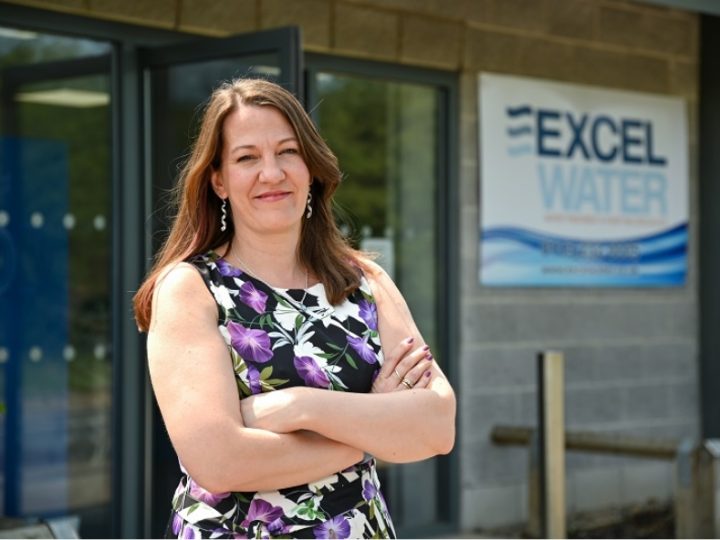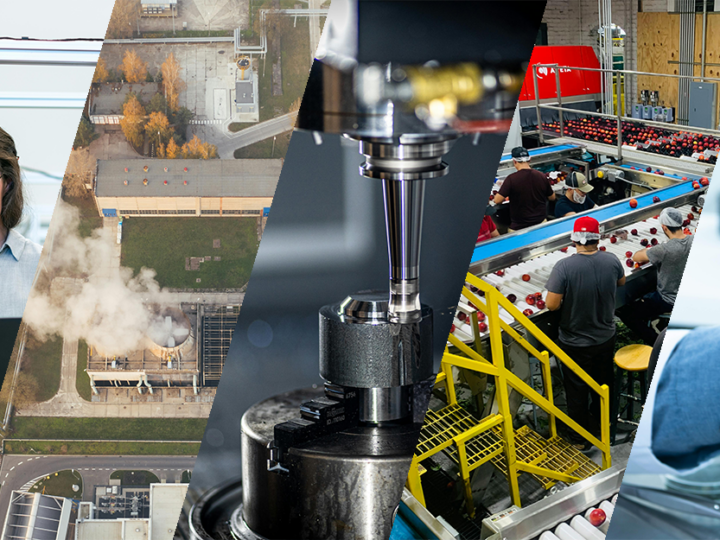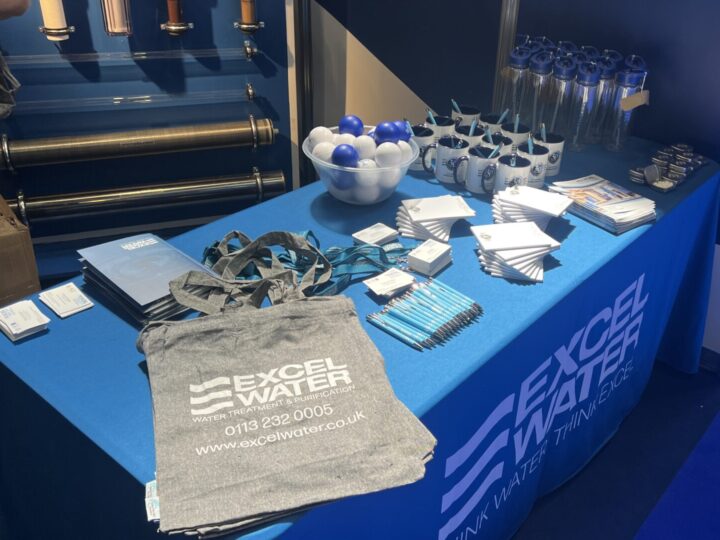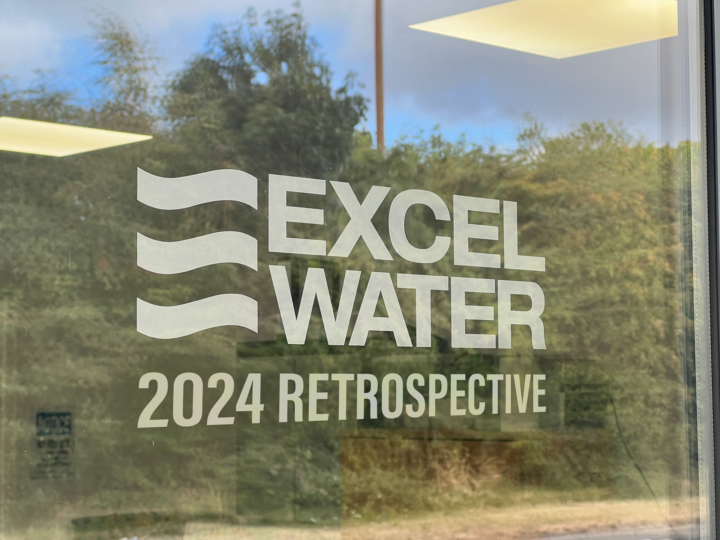
Celebrating Women In The Water Treatment Industry
adigiframework - 11th Apr 2023
A diverse workforce is important, and that’s especially true in industries that see a typically larger gender gap, like the water industry. According to research by the World Bank’s Water Global Practice, less than one in five water workers are women. In recent years though, a rise in awareness of the importance of women in STEM (science, tech, engineering and maths) means that may be set to change.
International Women’s Day is celebrated on March 8th 2023. An annual celebration, the day shines a light on the social, economic, cultural and political achievements of women while bringing attention to the issues that still face them, including gender inequality.
As a nod to International Women’s Day, today we want to explore the idea of breaking stereotypes and celebrating diversity as we help to train the next generation of water experts.

Stronger Working Together
At Excel, we live by our vision and values. Our vision has always been to be the number one water treatment plant company in the UK. To achieve that goal, we strongly believe our greatest assets are our people – by working together we are always stronger.
Led by our Managing Director Emma, we’re proud to utilise the experience we’ve gained over many years in order to train and empower the future generations of water treatment engineers. As we do this, we would always encourage more interested women to seek out a career in the water industry.
More women in STEM industries benefits everyone. Encouraging more diversity within a workplace means a broader sharing of experiences and thoughts, leading to bigger and brighter ideas. Successful women in STEM industries, like water engineering, also subvert gender stereotypes, helping dispel the myth that certain careers are inherently masculine.


Empowering Future Generations Of Engineers
n 2022, a report from EngineeringUK (women in engineering) found that 16.5% of those working in engineering today are women. While that number may still seem low, when compared to 2010’s figure of just 10.5% it’s clear we’re on the right path.
The engineering sector is aiming for a target of 1.5 million women working in STEM by the year 2030. This equates to 30% – just under double the current percentage. A female workforce of 30%, known as the ‘critical mass level’, is the point where women in engineering have the ability to affect real change and truly help drive the industry into the future.
At Excel, we can’t wait to be a part of that. We’re looking forward to continuing to empower the future generation of water treatment engineers while working towards our goal of providing the highest quality service in the industry.
“Being a woman in engineering has allowed me to explore different parts of the UK, as well as helping me gain more confidence within myself and my skills. I find that it challenges me to find better ways of doing things within the water treatment sector and also helps the team see things from a different point of view! It’s honestly such a great community and sector to be in.”
Nova, Trainee Water Treatment Engineer
Back to Latest News




